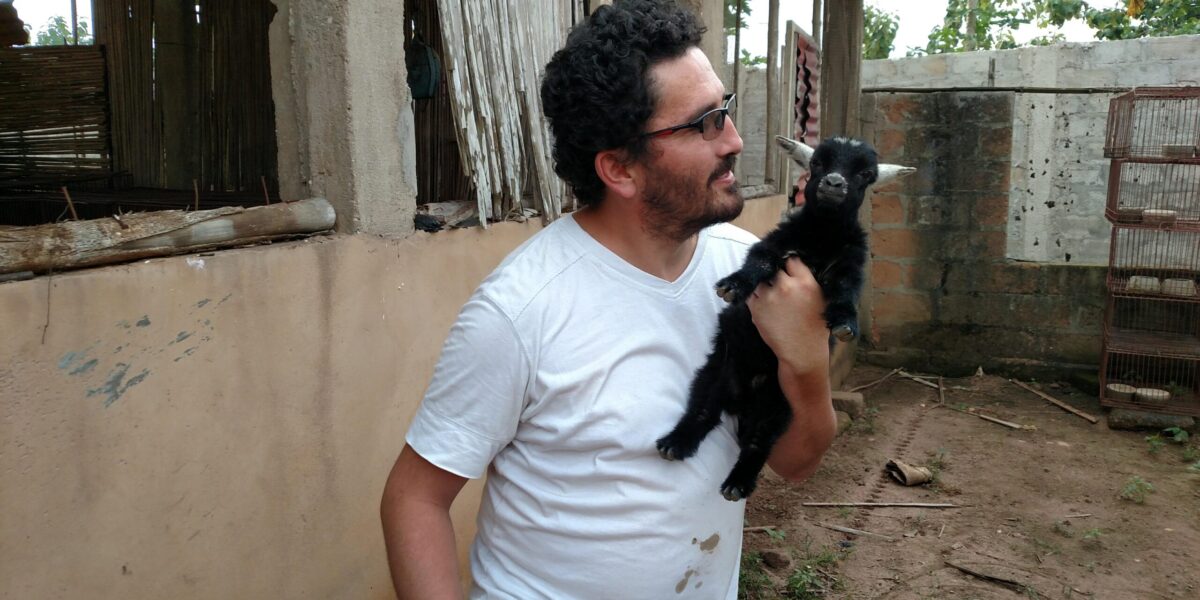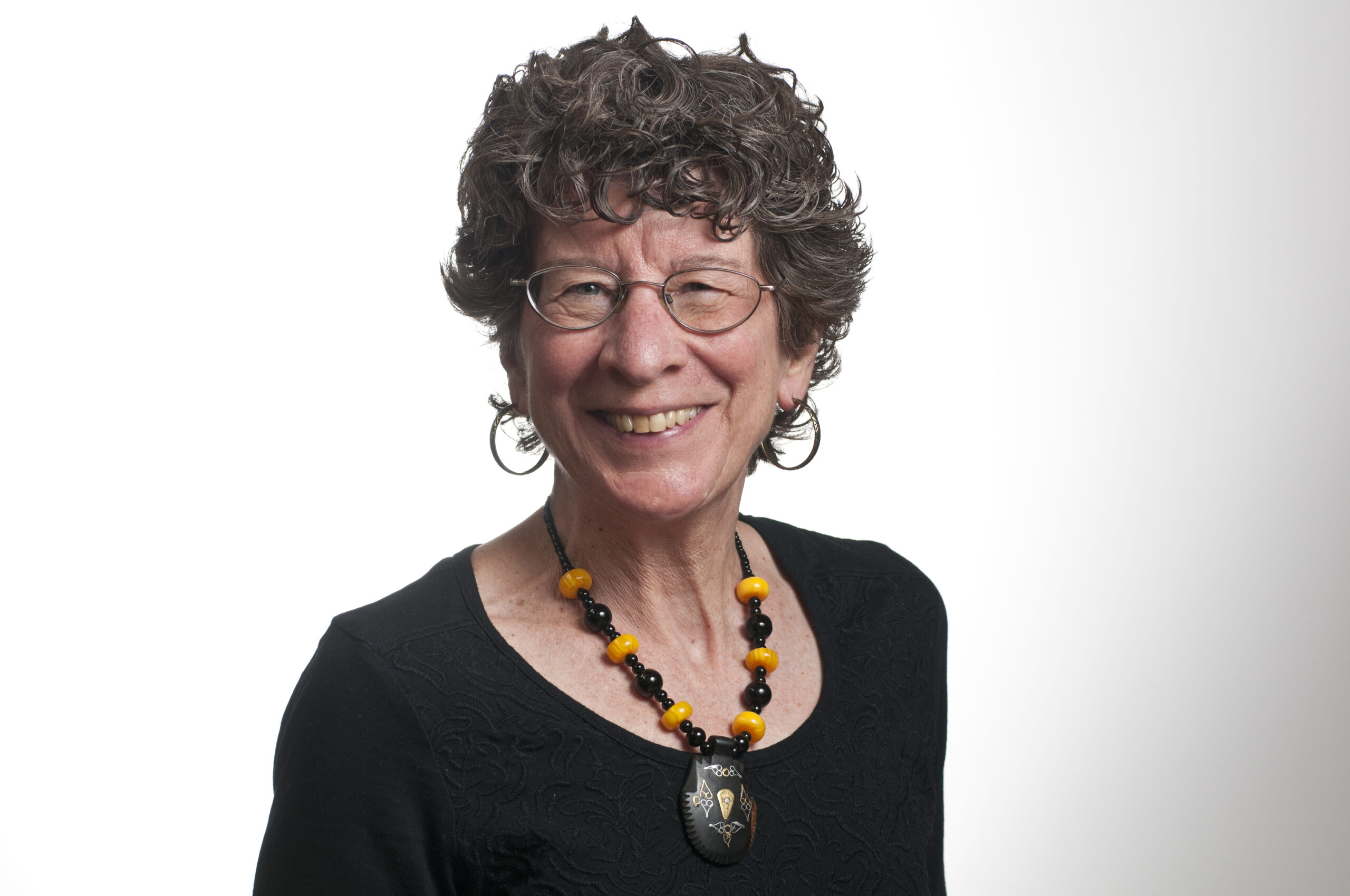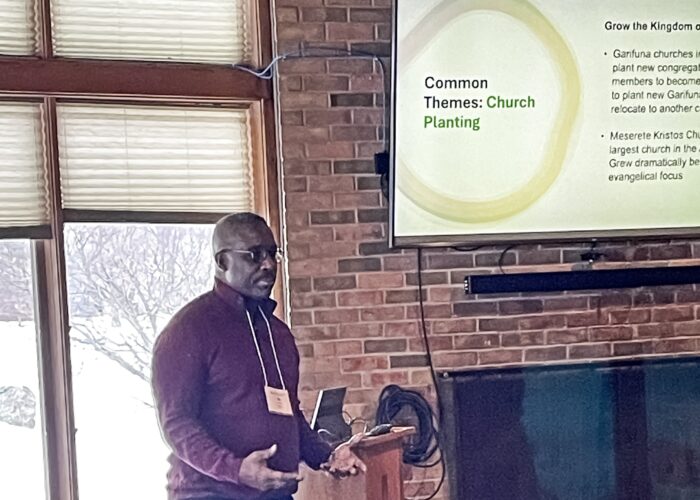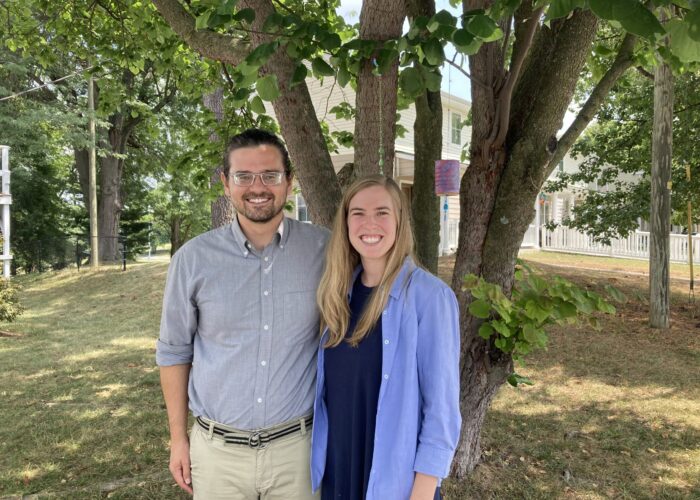Benin is an agricultural economy with more than half of its population still working the land. Even in urban areas, people know the geography of their ancestral roots. They return to their family’s rural compounds when times get hard in the city. They know they will find food and a community to help them carry their burdens.
Traditionally, land was communally owned, and chiefs would allocate fields in accordance to the size of a family. Increasingly, though, land is being bought and sold by individuals. For most Beninese urban dwellers, as soon as they have resources beyond what is needed for survival, they invest in land.
So, agriculture was among the top three identified needs when a council of churches invited Mennonite Board of Missions, a predecessor agency of Mennonite Mission Network, to partner with them in holistic ministry.
The Beninese churches, with their expertise in church planting and evangelism, wanted to share God’s love in three more concrete areas – biblical training, community health, and agricultural development.
Out of the partnership between Mennonites and Beninese Christians have come institutions. Benin Bible Institute, an internationally accredited school, opened its doors in 1994 and has trained about 1,500 church leaders. Bethesda Hospital is one of the nation’s best and has a globally renowned community health initiative. La Casa Grande is a home for children who have nowhere else to go.
All these institutions have an agricultural component.
Benin Bible Institute has an agro-pastoral project that trains church leaders in sustainable methods of working the land and raising animals. This vocational training is designed to help pastors feed their families. It also enables them to train their church members in innovative methods of food production.
In 1993, the community health program associated with Bethesda Hospital began creating a healthier environment in Cotonou, Benin’s largest city. When the disease-breeding garbage piles that clogged the streets were removed, community health improved. About 30 percent of the garbage was organic matter, so it was composted and used to produce organic vegetables. Other parts of the garbage, like plastic and metal, were recycled. This program was replicated in the urban areas of Benin and many of the surrounding countries. It was lauded by the World Bank and received awards from the United Nations and the African Social Award for the best nongovernmental organization in Africa. Raphaël Edou, who launched the community health program, went on to become Minister of the Environment in Benin’s national government.
Albéric Ahoyo, mayor of the part of Cotonou where Bethesda Hospital is located, said, "Every effort to better life conditions for people; every effort that is done in a spirit of peace, joy, tolerance and openness in a response to God’s call is a missionary in nature."
La Casa Grande also has an agricultural component that has received a big boost from Felipe Preciado of Mennonite Mission Network who arrived last year. Preciado and his wife, Diana Cruz, are sent by the Colombia Mennonite Church. La Casa Grande integrates garbage collection in town where they are located with composting for their crops. New additions to their program are pigs and fish ponds.





